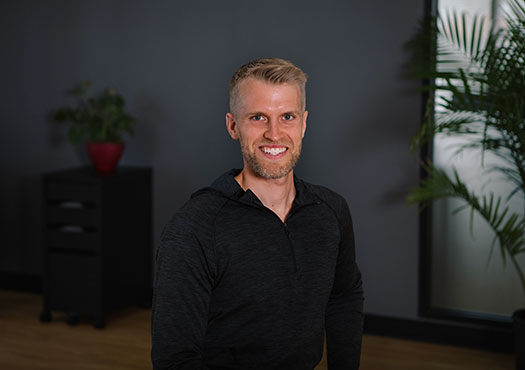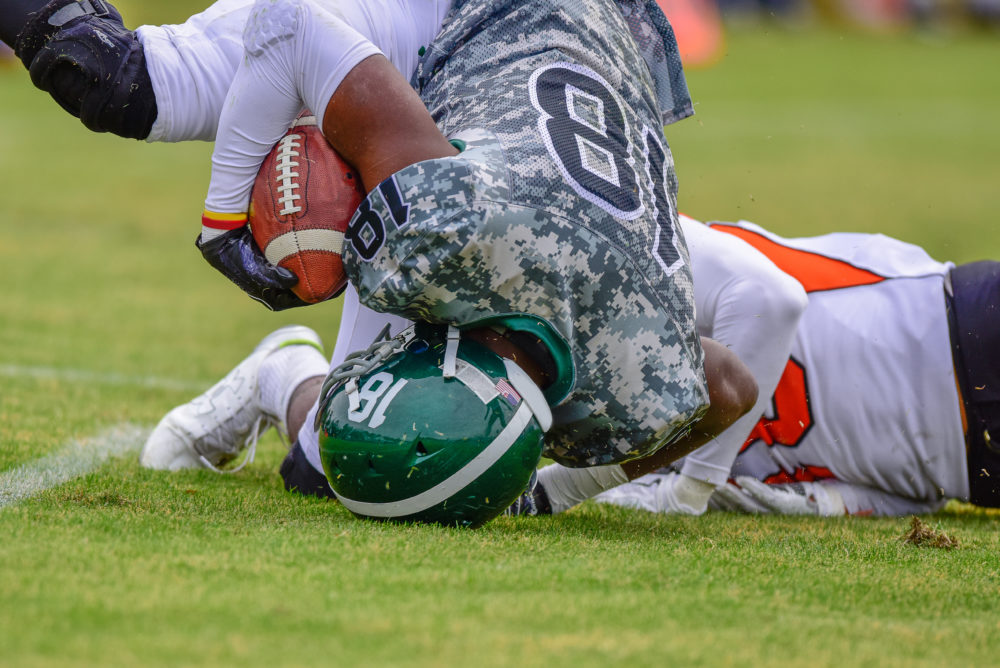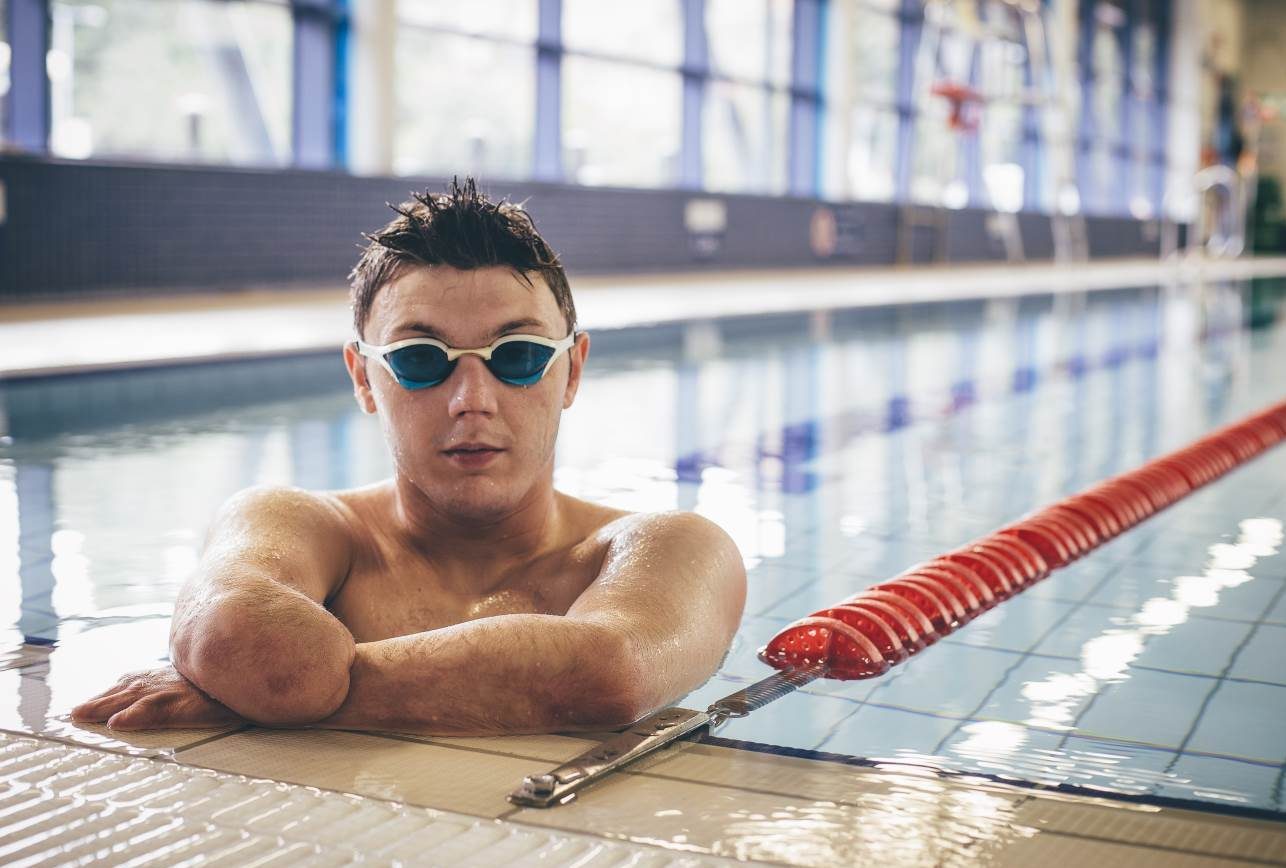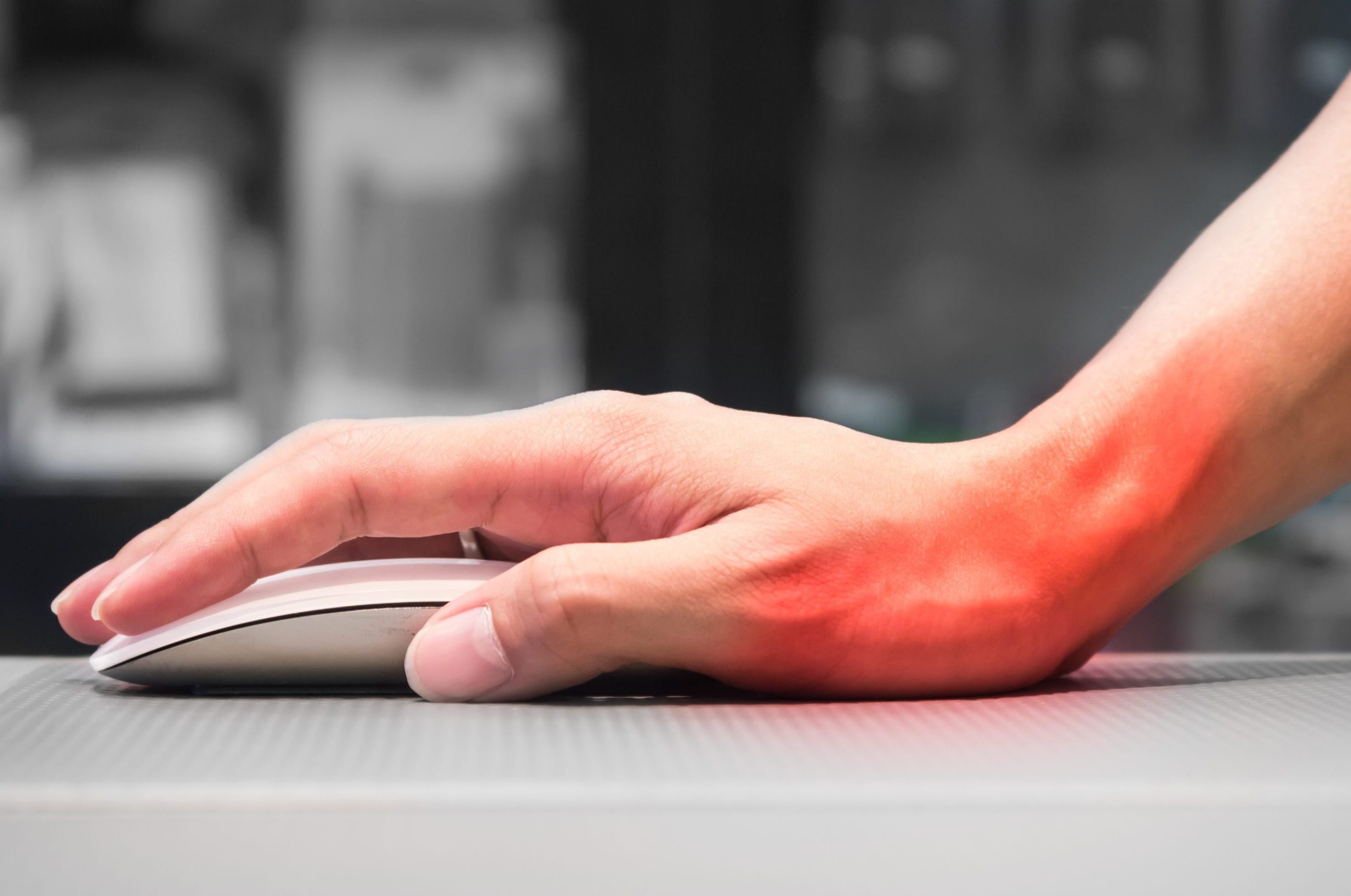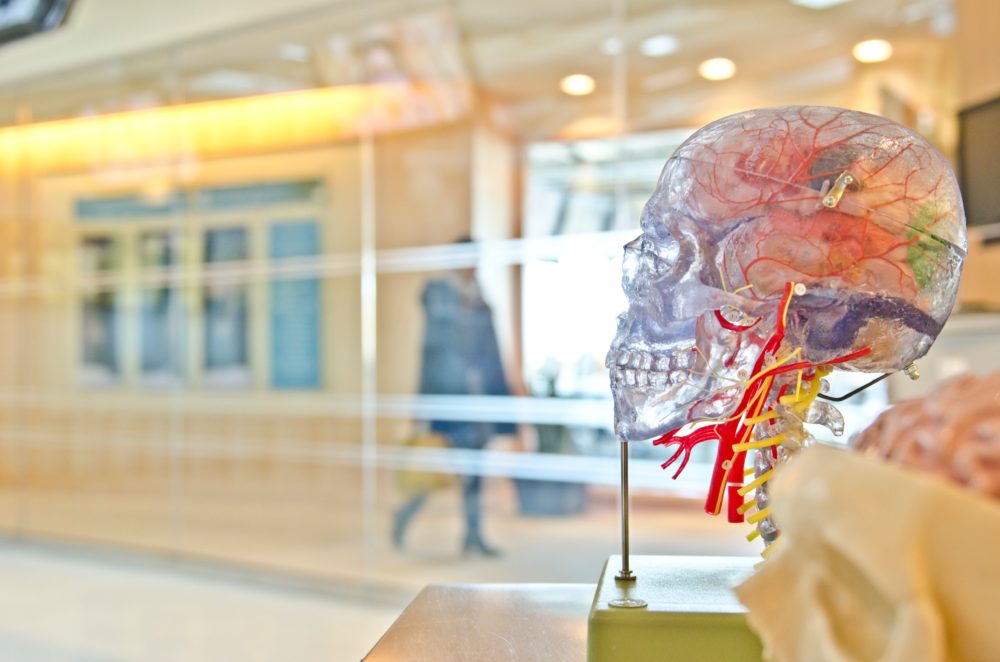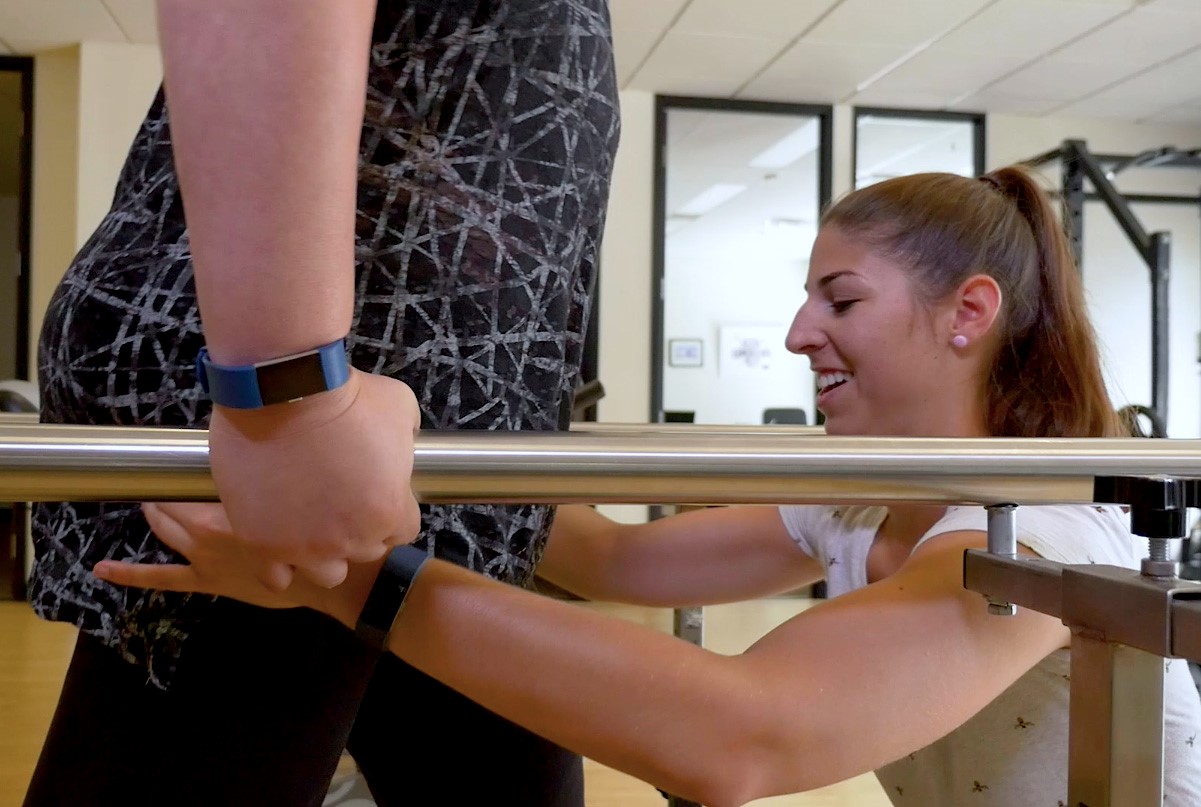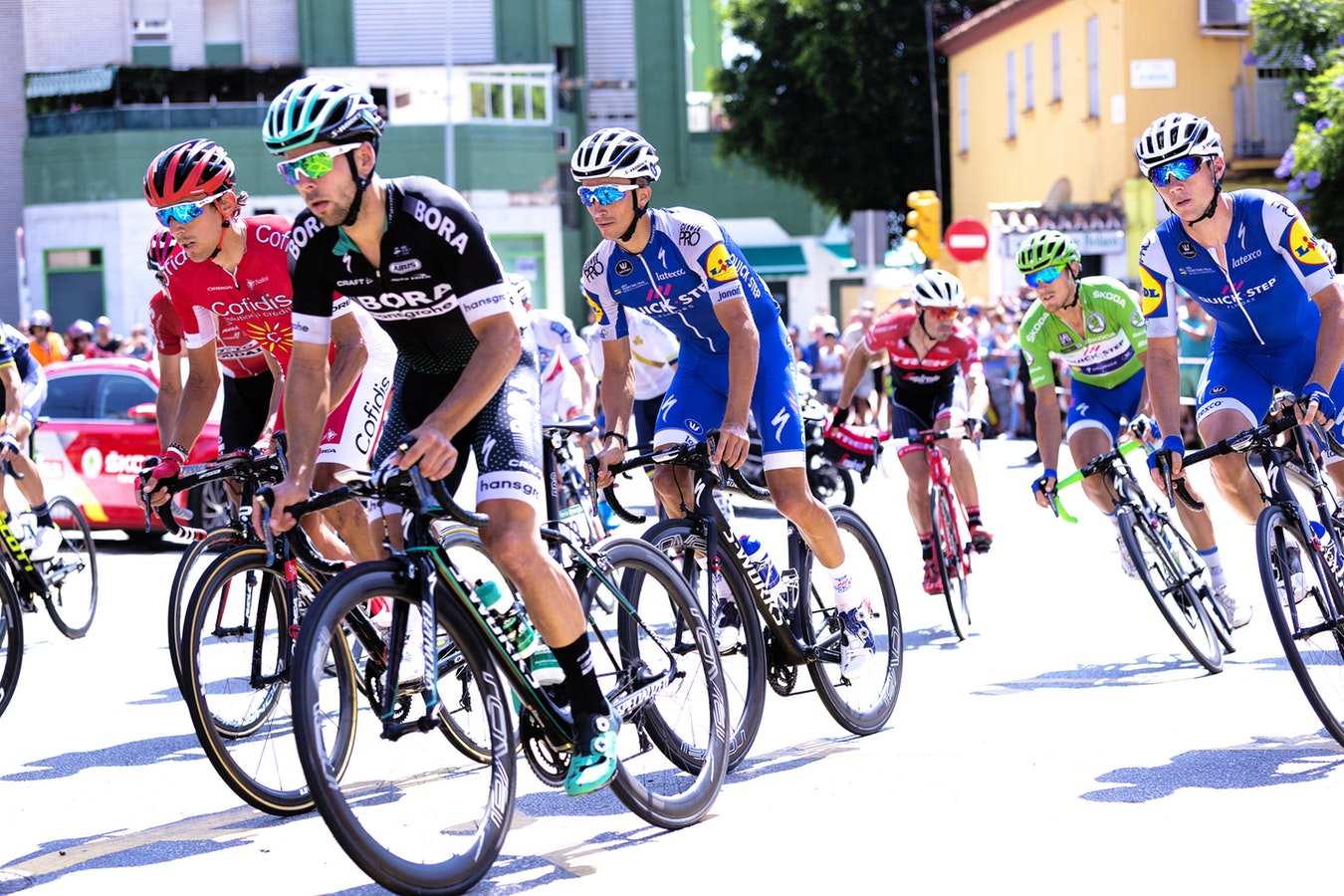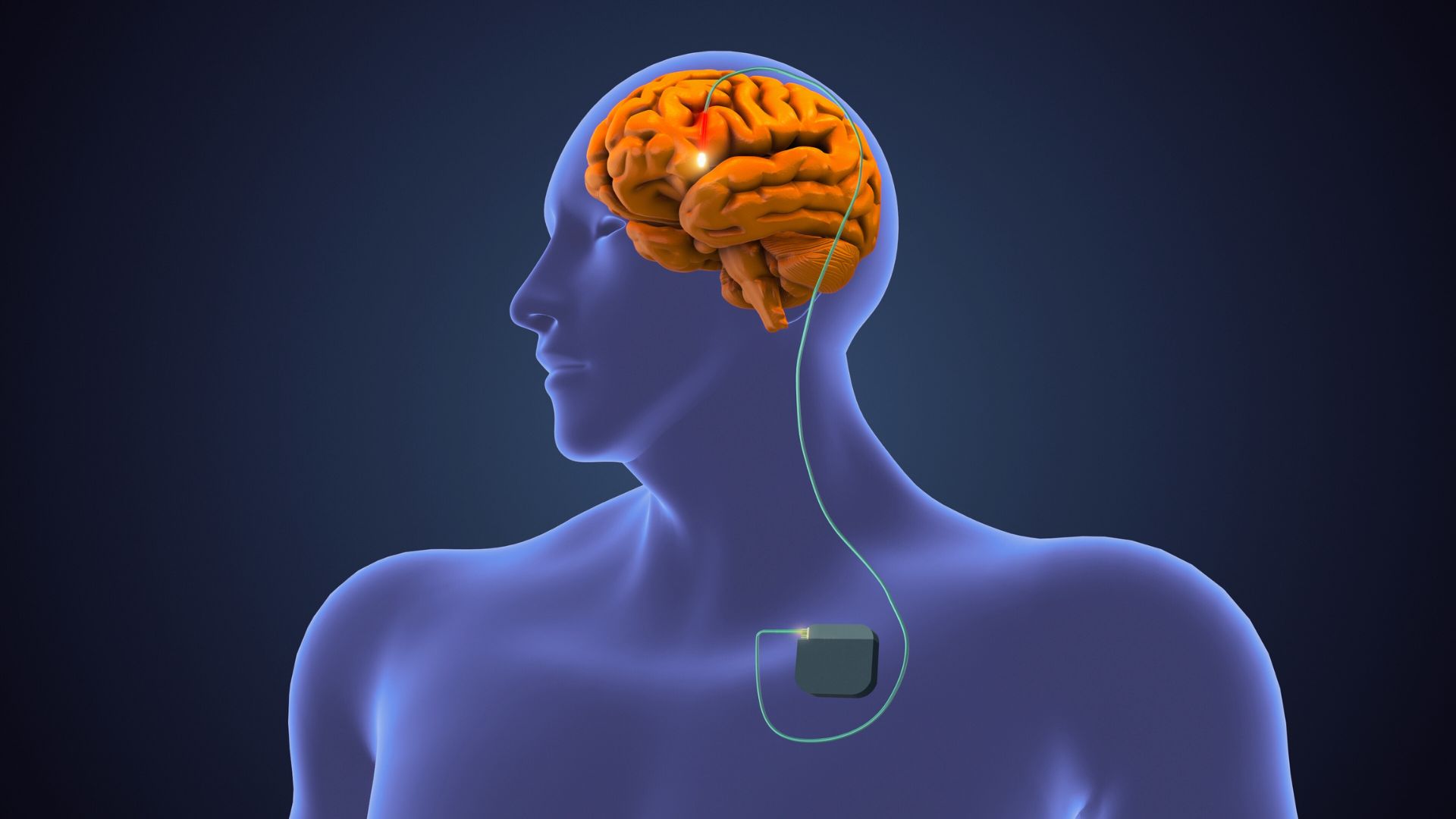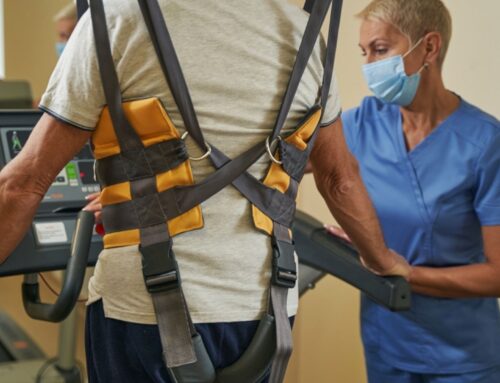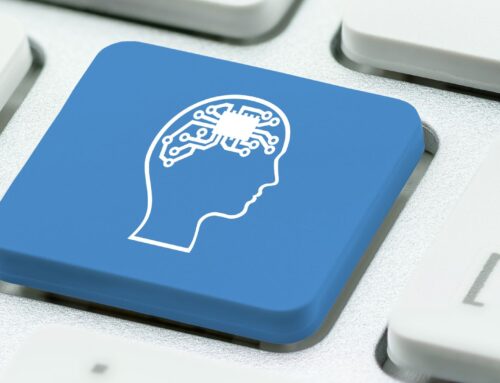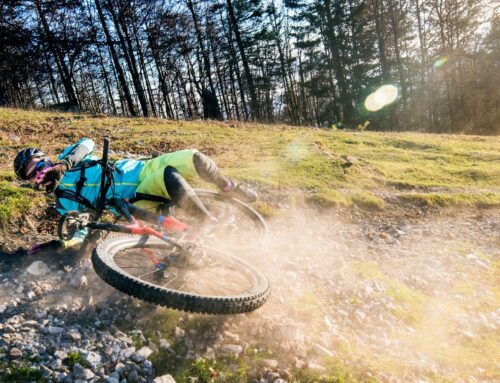Over the past several decades, rehabilitation science and the public have learned more and more about concussion injuries. However, in my clinical experience there is very little information and knowledge regarding the prognosis and treatment for persistent concussion symptoms.
I have worked with a number of clients who have sustained sport and motor vehicle accident concussions and brain injuries during my time as a physiotherapist. The majority of clients are very frustrated and irritated by their symptoms and the resulting impairments to their life. They assumed that concussion was something that would heal quickly and did not realize it could last months and even years.
In addition, people who suffer from persistent concussion symptoms often feel that their family and friends do not fully understand their injury because many of the symptoms are invisible or internal. Symptoms relating to how someone is feeling (such as severe fatigue, dizziness, headaches, etc.), as opposed to an obvious external impairment such as a fractured bone or torn ligament, can be misunderstood and/or disregarded.
After reading this article, you should better understand: how to recognize persistent concussion symptoms; the long-term effects of concussion; as well as treatments and interventions that have been proven effective in recovery.
How Long Can Concussion Symptoms Persist?
A concussion is considered acute if the symptoms resolve between 2-4 weeks. For the majority of people with concussion, this will be the case. However, if the symptoms last longer than this time period, the client is considered to be experiencing persistent concussion symptoms or post-concussion syndrome.
The Concussion in Sport Group (CISG) Consensus Statement from 2017 defines post-concussion syndrome as a failure of normal clinical recovery in the following time:
- 10-14 days in adults
- > 4 weeks in children[i]
If one or more symptoms of concussion persist past this time, it is recommended that clients receive an assessment to identify their primary issues, and individualized targeted treatment is then started to help reduce or eliminate the symptoms. Unfortunately, without active treatment, symptoms can persist for months or even years.
Persistent Concussion Symptoms
Concussion is a ‘network problem’ of the brain. In other words, it is a problem with how the brain communicates, not of one specific area of the brain. Thus, there can be a variety of different acute symptoms and/or persisting symptoms due to a concussion injury.
Researchers from UPMC published a paper in 2014 that lists symptoms related to these trajectories (not an exhaustive list of symptoms; some symptoms can occur in multiple trajectories):
Cognitive / Fatigue
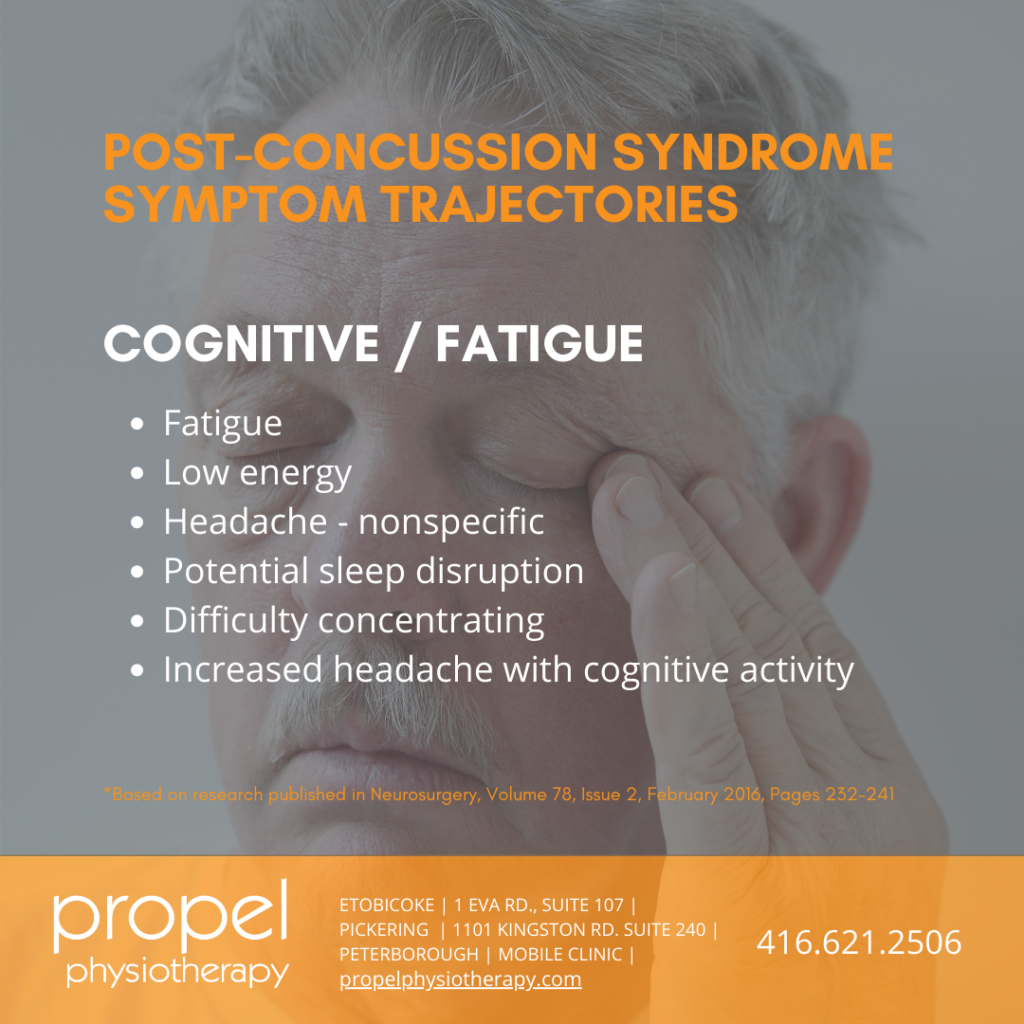
Decreased concentration, increased distractibility, difficulty learning / retraining new information or decreased multitasking abilities; sometimes accompanied by increased fatigue as the day progresses
Vestibular
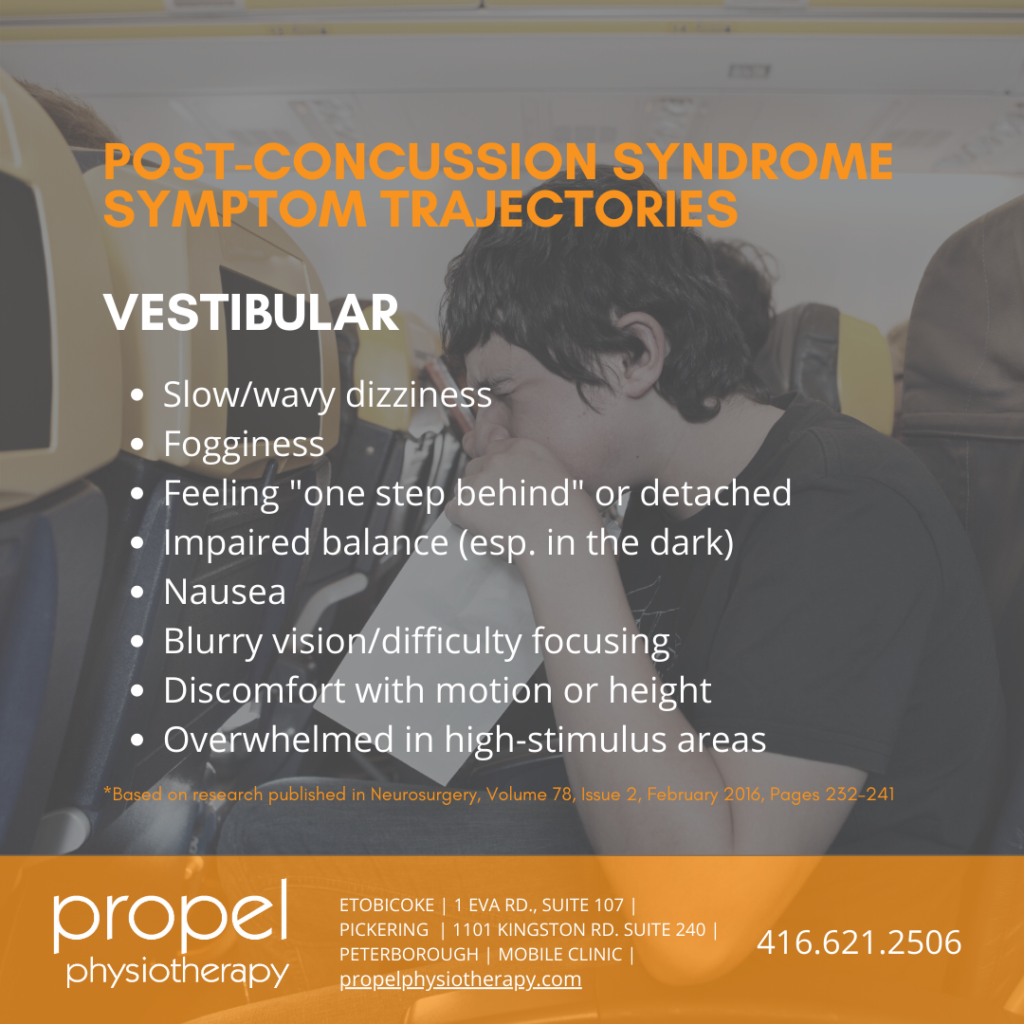
Impairments of the vestibular system affect one’s ability to interpret motion, coordinate head and eye movements, or stabilize vision upon head movements
Ocular
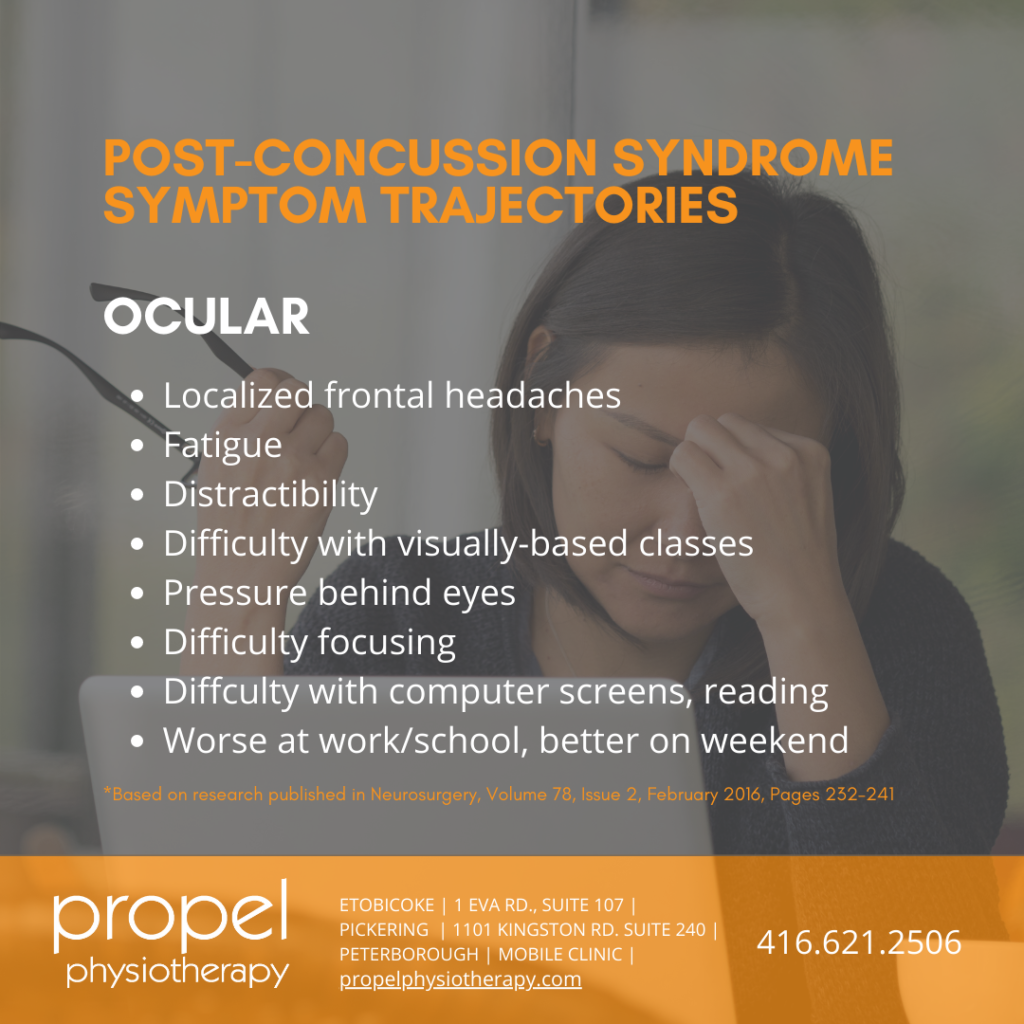
Ocular dysfunction occurs when movements of the eyes in tandem, or binocular eye movement, is affected. This may result in difficulties bringing the eyes together or moving one’s eyes to track motion.
Post-Traumatic Migraine
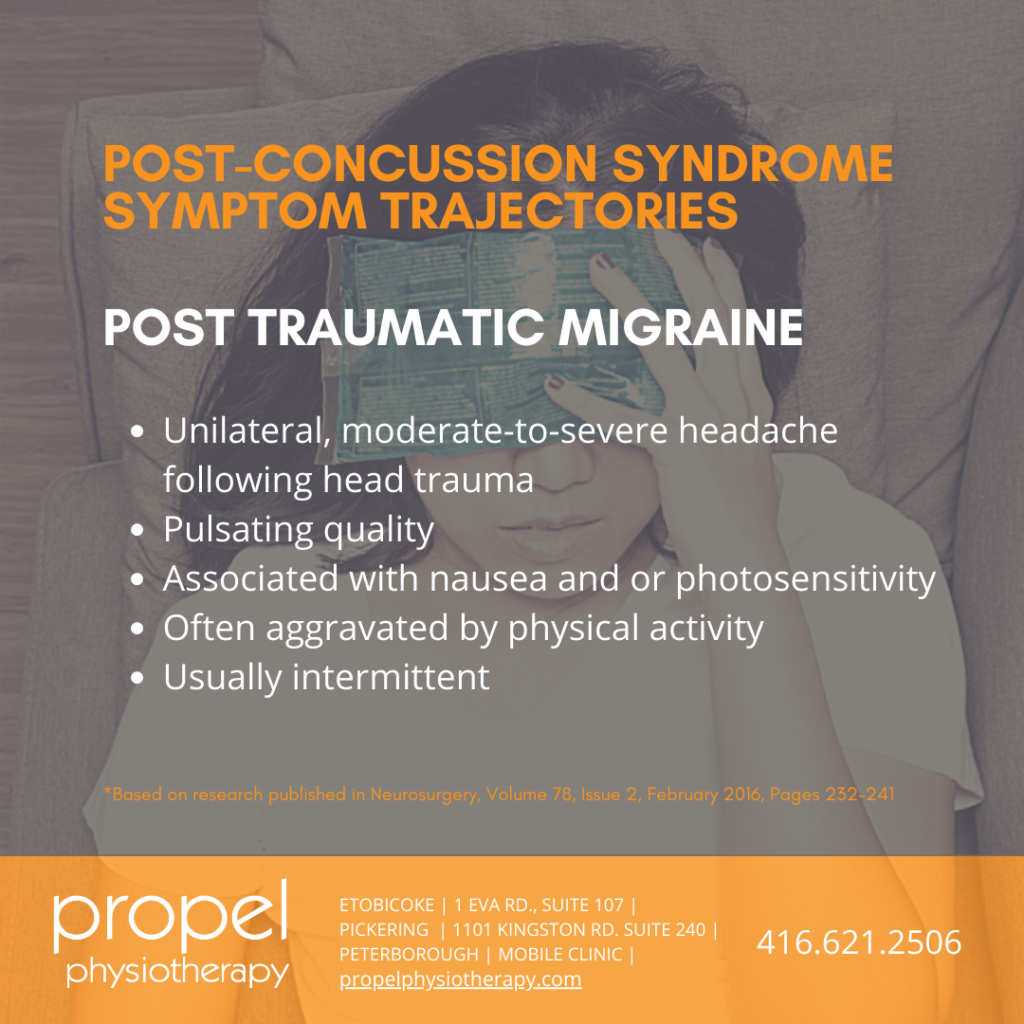
Includes headaches, nausea, and/or sensitivity to light or noise
Cervical
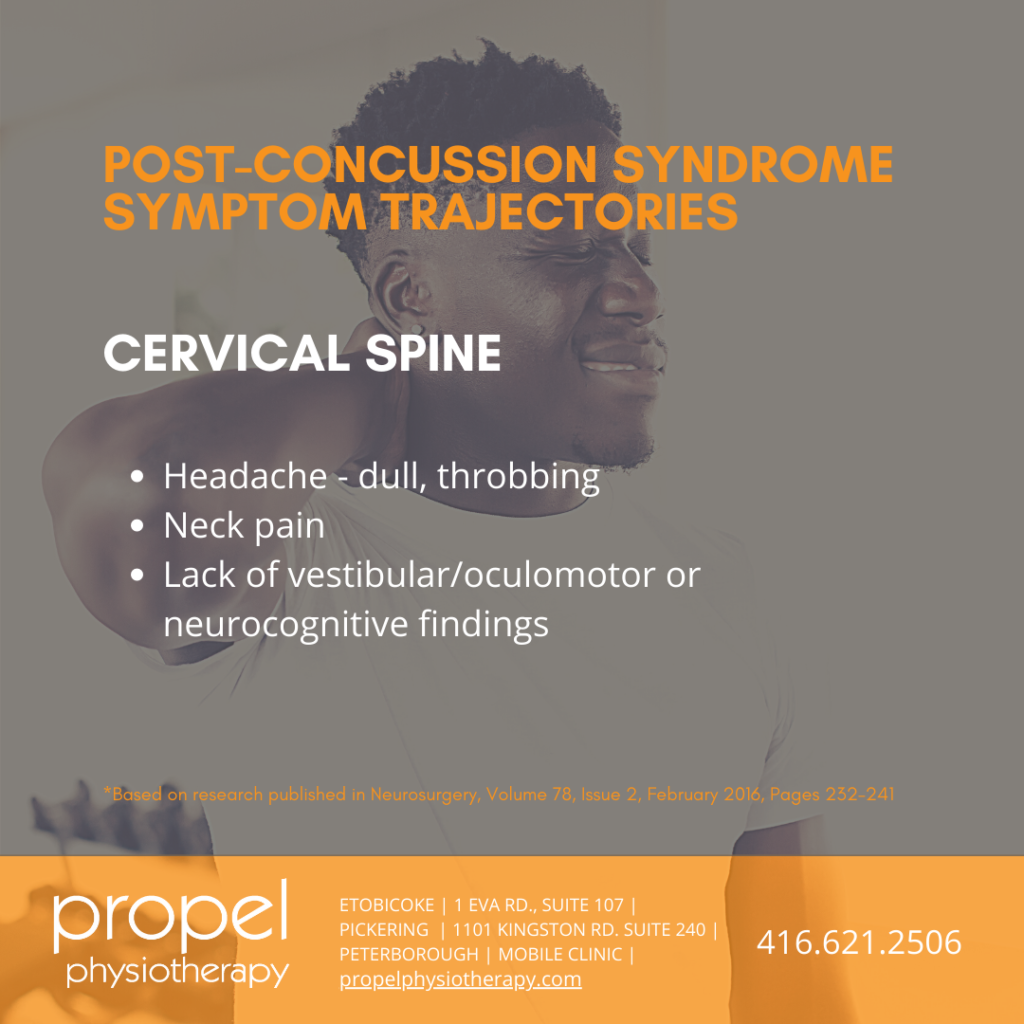
Sometimes, the concussive blow affects the extra-cranial region including the neck and/or spinal cord. An injury of this type may lead to ongoing headaches.
Anxiety / Mood
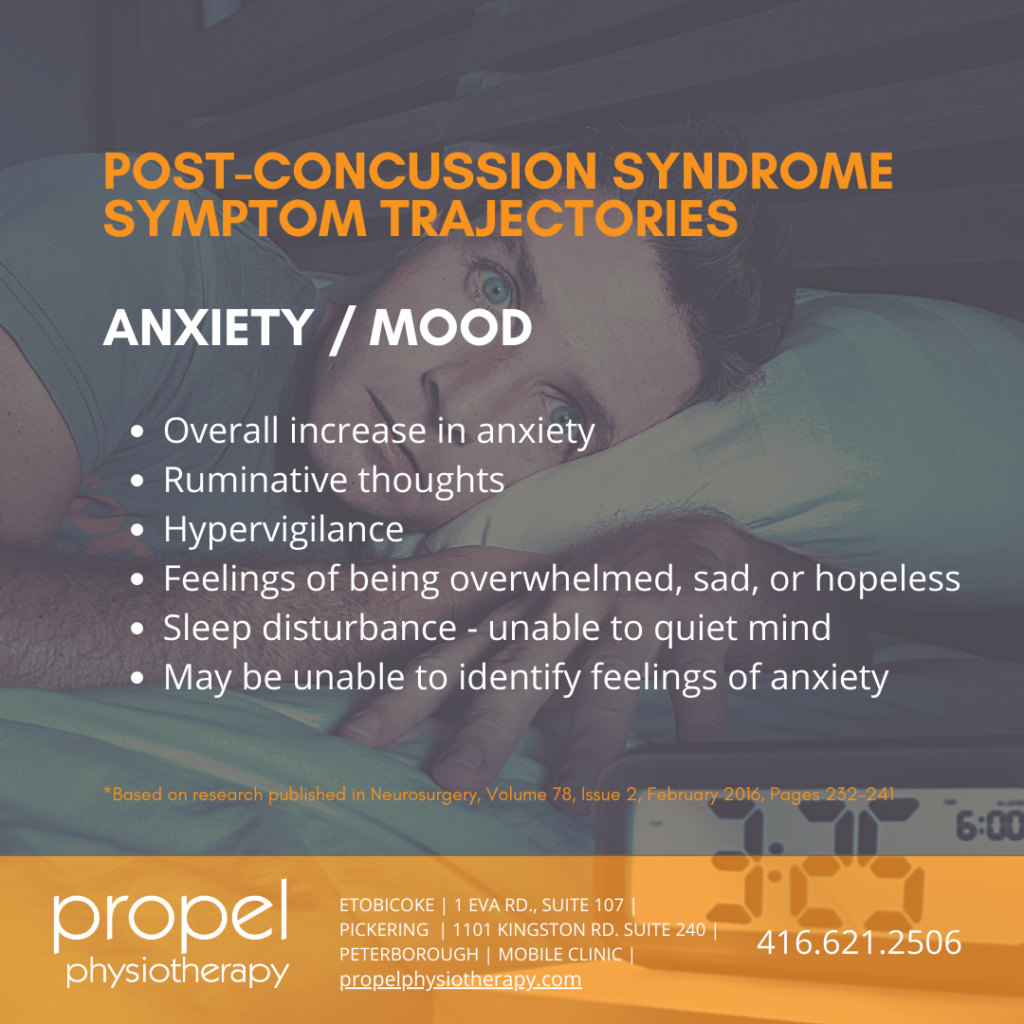
This occurs when someone has a hard time turning thoughts off, being particularly ruminative, or suffering from excessive worry or concern. [ii]
Prolonged Recovery from Concussion
The CISG Consensus Statement from 2017 also reported that the best predictor of a slower recovery from concussion was the severity of symptoms in first day or first few days after injury (i.e. lower level of symptoms during the first few days after a concussion leads to a better prognosis, and vice versa). Other predictors of slower recovery from concussion, include:
- Increased risk if person has had a previous concussion
- Increased risk for females compared to males
- Advanced age
- Teenage years are particularly vulnerable time for persistent symptoms
Concussion leads to metabolic changes in the brain, which cause an increased demand for energy at a time of decreased supply. These metabolic changes may last days or weeks, and leaves neural tissue more susceptible for further injury. This may be why a person with a history of concussion leads to greater risk of recurrent symptoms or a more serious second concussion.
What are the Long-Term Effects of Concussion?
In addition to the symptoms mentioned above, concussion may lead to decreased tolerance to exercise and activity, which is called physiologic post-concussion disorder. In a study by Willer and Leddy in 2013, they showed that patients who have not recovered from physiologic disturbance of concussion stop (exercising) at a sub-maximal level because of significant symptom exacerbation. [iii] The evidence also showed that:
- Concussed athletes have higher heart rate during steady-state exercise
- The disruption in the autonomic nervous system is proportional to the severity of the brain injury and improves with recovery
- Exercise can induce neuroplasticity in as little as 6-8 weeks
So, what does this tell us? Concussion can cause long term changes to many systems in our body, including the ones that regulate our rate heart and ability to exercise. However, this improves with recovery and actual changes have been found to take place in the brain (neuroplasticity) in 6-8 weeks, by using exercise as a treatment.
Concussion Treatment: Rest vs Active
In the past, it was recommended that after sustaining a concussion the person should rest until the symptoms are completely absent. However, over the past several years, it has become clear in concussion rehabilitation studies that if symptoms are persisting active rehabilitation is necessary:
- A research group out of the University of Calgary showed that patients who received cervical and vestibular physiotherapy treatment were 3.91 times more likely to be cleared to return to sport by 8 weeks post injury than a control group who were receiving standard treatment [iv]
- A University of Buffalo study that looked into graded exercise assessment and progressive exercise treatment, were able to hypothesize that “exercise helps PCS (post-concussive syndrome) patients with physiologic dysfunction improve cerebral blood flow autoregulation and restore autonomic balance (Baker et al 2012, Leddy et al, 2012 & 2011, Willer & Leddy, 2006)[v]
Recovery Pathway for Concussion
The CISG Consensus Statement in 2017 determined a framework for when exercise and other interventions are needed after concussion:
- Physical and cognitive rest is recommended for everyone who has suffered a concussion during the first 24-48 hours
- After this period, symptom-limited activity is recommended to begin (i.e. gradual return to school/work may be appropriate)
- If symptoms are improving and the client is experiencing continued recovery then they should follow stages 2-6 from the ‘6 Step Return to Play Protocol’ outlined in the SCAT5 (Sport Concussion Assessment Tool – 5th Edition)
- However, if persistent concussion symptoms are occurring during this initial return to work/school, then an individualized rehab program is recommended. According the Consensus Statement in 2017, the following treatments are recommended:
- Targeted cervical spine when indicated
- Targeted vestibular rehab when indicated
- Symptom-limited aerobic exercise program
- Cognitive Behavioural Therapy (CBT) to deal with mood or behavioural issues when indicated
On this recovery pathway, physiotherapists and other healthcare professionals are recommended to fully assess and treat persistent concussion symptoms. Since there are multiple trajectories and symptoms, clients may continue to suffer from after the acute stages of concussion.
An individualized and multi-disciplinary approach is often needed to complete a full rehabilitation from concussion with persisting symptoms or post-concussion syndrome.
Propel Physiotherapy is an industry leader in neurological disorder and brain injury treatment. Contact us to learn more about our concussion management services.
References
[i] Consensus statement on concussion in sport—the 5th international conference on concussion in sport held in Berlin, October 2016
[ii] Henry LC, Elbin RJ, Collins MW, Marchetti G, Kontos AP. Examining Recovery Trajectories After Sport-Related Concussion With a Multimodal Clinical Assessment Approach. Neurosurgery. 2016;78(2):232-241. doi:10.1227/NEU.0000000000001041
[iii] Leddy JJ, Willer B. Use of graded exercise testing in concussion and return-to-activity management. Curr Sports Med Rep. 2013 Nov-Dec;12(6):370-6. doi: 10.1249/JSR.0000000000000008. PMID: 24225521.
[iv] Schneider KJ, Meeuwisse WH, Nettel-Aguirre A, et alCervicovestibular rehabilitation in sport-related concussion: a randomised controlled trialBritish Journal of Sports Medicine 2014;48:1294-1298.
[v] John G. Baker, Michael S. Freitas, John J. Leddy, Karl F. Kozlowski, Barry S. Willer, “Return to Full Functioning after Graded Exercise Assessment and Progressive Exercise Treatment of Postconcussion Syndrome”, Rehabilitation Research and Practice, vol. 2012, Article ID 705309, 7 pages, 2012. https://doi.org/10.1155/2012/705309
[v]https://link.springer.com/article/10.1007%2Fs11940-006-0031-9
Written by


